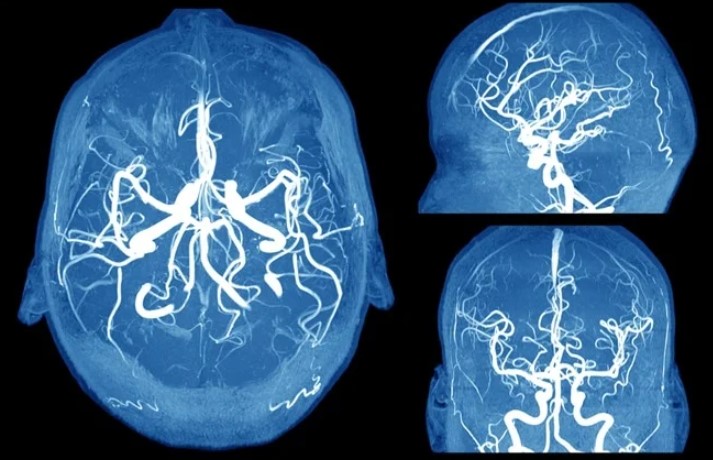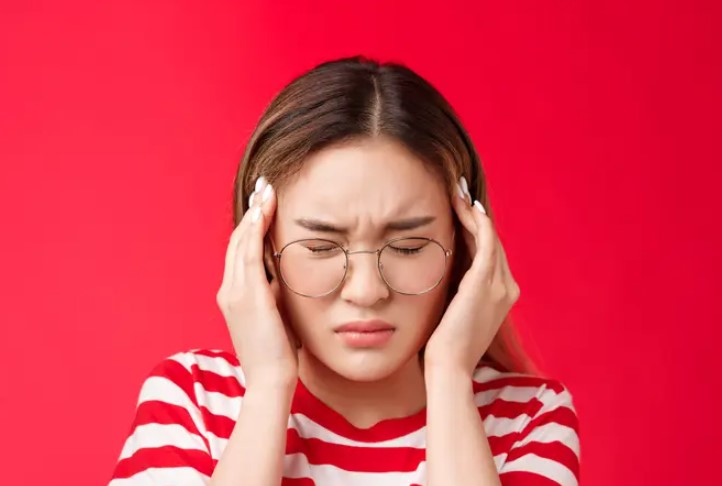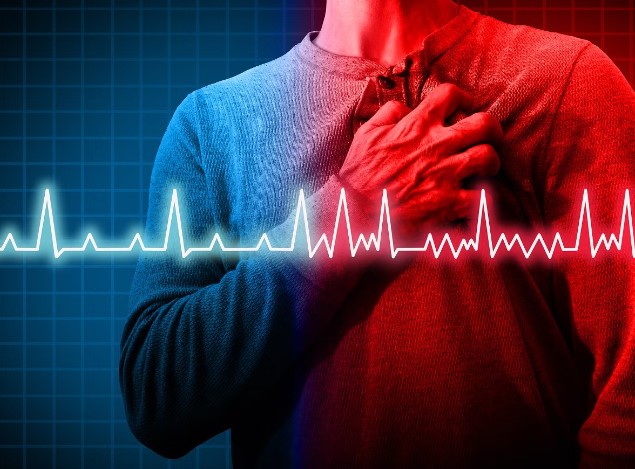Kansas suicide rate up; mental health experts share prevention tips


The kind words and friendly manner of the female clerk at the Walgreen’s store where Marcia Epstein was standing in line left an indelible impression on her.
That clerk engaged with and brightened the day of each person who made purchases at her register, Epstein said.
When it was Epstein’s turn, she told the clerk, “Thank you for being so good to everyone.”
“Then I looked at her name tag and it said, ‘Angel,'” Epstein recalled. “I thought ‘What a perfect name.'”
Epstein, a Lawrence resident who’s long been involved with suicide prevention efforts, told that story as she discussed things people can do to help lower the suicide rate.
One thing people can do is show more kindness to others and themselves, Epstein said.
“Love really IS the answer,” she said.
‘From outward appearances, she had it all’
The suicide rate for the state of Kansas rose bymore than 60{b574a629d83ad7698d9c0ca2d3a10ad895e8e51aa97c347fc42e9508f0e4325d}, from 12.02 per 100,000 population in 2000 to 19.25 per 100,000 population in 2020, according to the Kansas Department for Aging and Disability. That gave it the nation’s 13th-highest suicide rate.
Kansas is served on the National Suicide Prevention Lifeline by Lawrence-based KSPHQ, which was known as Headquarters Counseling Center when Epstein directed it from 1979 to 2013.
More:Why justice reformers want Kansas to stop charging youth offenders fines and fees
Epstein has since maintained a private counseling and social work practice.
She spoke with The Capital-Journal about suicide prevention, a topic that has gotten increased attention in the wake of the Jan. 30 death of Miss USA 2019, Cheslie Kryst, who jumped from the 29th story of a New York City high-rise.
Kryst suffered from depression, which she “hid from everyone” until shortly before her death, said her mother, April Simpkins.
‘I think it just became too much for him’
Kryst’s death illustrates how suicide is “much more complex than people realize,” said Rose Foster, a Topeka High School alum whose maiden name is Eiesland.
Suicide has become a “public health crisis,” she added.
Foster lives in Lawrence, has been a social worker for 10 years and has worked the past four years with people who struggle with thoughts of suicide.
Gordon Foster, her husband of almost 16 years and the father of their two children, died of suicide at age 40 when he jumped off a parking garage in downtown Lawrence on May 4, 2004.
More:Kansas jails help inmates get addiction counseling, medication because ‘something’s got to change’
Gordon Foster had suffered from depression for many years. He was under great financial stress, dealing with physical health issues and struggling at work, Rose Foster said. In addition, she had been fighting cancer.
“It was one thing after another after another after another,” Rose Foster said. “I think it just became too much for him.”
‘He wasn’t, but that’s what he believed’
Gordon Foster was preceded in death by two brothers, one of whom died of suicide and the other whose death was alcohol-related, said Sam Foster, Gordon and Rose Foster’s son.
Sam Foster said he has many happy memories of good times spent with his father.
Gordon Foster was a “great father” and “really cool guy” but lacked friends and a support system, Sam Foster said.
Gordon Foster tried every option he could think of, including electro-shock therapy, to deal with problems he faced regarding alcoholism and mental illness, Sam Foster said.
At least three times, he said, Gordon Foster checked himself into the inpatient mental health unit at Lawrence Memorial Hospital. The hospital closed that unit shortly before he died.
Gordon Foster apparently thought suicide was the only option he had left, Rose Foster said.
He thought he was a burden to his family, and that his death would be helpful to them, she said.
“He wasn’t, of course, but that’s what he believed,” Rose Foster said.
Sam Foster said it wasn’t until after his father died that he and his mother investigated and became aware of the extent of the trauma he’d experienced throughout his life.
In response to her husband’s death, Rose Foster became heavily involved in grief counseling and mental health treatment, Sam Foster said.
He said he personally struggled for several years with alcohol and drug addiction.
Now 32 years old, Sam Foster is a group facilitator at an Austin, Texas, mental health center, where he has worked the past six years in drug and alcohol treatment.
‘Times are tough right now’

Rose Foster said she thinks people tend to focus too much on assigning blame for suicides to a lack of mental health support “when it’s much bigger than that.”
People are becoming increasingly isolated, and are struggling to feel connected to something outside of themselves, she said.
They’re also more stressed out, and increasingly abusing drugs and alcohol, Rose Foster said.
Rose Foster and Epstein encouraged anyone who senses that a relative or friend might need help to ask that person if he or she is struggling.
More:‘Is this person going to hurt me?’: Transgender inmates say Kansas prisons put them in danger
The vast majority of people who show potential warning signs of suicide, such as feelings of hopelessness, are not going to die of suicide, Epstein said.
“They may just need some additional support,” she said.
Foster said it’s important for people to look out for one another and support each other.
“Times are tough right now,” she said. “Making yourself available to other people is really, really crucial right now.”
‘Really listen and observe what they’re communicating’
Epstein had already been part of the suicide prevention community since the 1970s when she lost her mother, 70-year-old Abba Howell, of Prairie Village, to suicide in 2003.
Just as good oncologists have patients who die by cancer, good people may have family and friends who die of suicide, and good therapists may have patients, friends or family who die of suicide, Epstein said.
Suicide is not about mental illness, she added.
“Effectively treating mental illness may improve a person’s quality of life, but it does not reduce suicide deaths,” Epstein said.
She said steps people can take to help reduce suicides include the following:
- Showing more kindness toward themselves and others.
- Paying close attention to themselves and others, including to “really listen and observe what they are communicating.”
- Advocating for all people to have their needs met as well as having access to whatever allows them to move toward their dreams.
- Reducing access to firearms, which the Centers for Disease Control says are used in about 60{b574a629d83ad7698d9c0ca2d3a10ad895e8e51aa97c347fc42e9508f0e4325d} of all deaths by suicide in the U.S. “I’m not saying nobody should have guns, but we don’t want people who are in crisis to have easy access to a gun,” Epstein said.
- Brightening people’s days by being friendly and saying a kind word or two. “That makes a difference,” Epstein said.
Where to go for help
Epstein recommended in particular the following two groups and three hotlines as potential resources for Topeka-area residents who are having suicidal thoughts or have lost a loved one to suicide:
- The Healing After Loss to Suicide group, which maintains a Facebook page at www.facebook.com/HEALsTopekaArea.
- The Shawnee County Suicide Prevention Coalition, which maintains a Facebook page at www.facebook.com/SNSuicidePreventionCoalition.
- The National Suicide Prevention Lifeline, which is available 24 hours a day at 1-800-273-8255.
- The Crisis Text line, for which users can text “HOME” to 741741 to reach a volunteer crisis counselor 24 hours a day.
- The Veterans Crisis Line, which can be reached 24 hours a day by texting 838255; by calling 1-800-273-8255, then pressing “1;” or by chatting online at www.veteranscrisisline.net.







